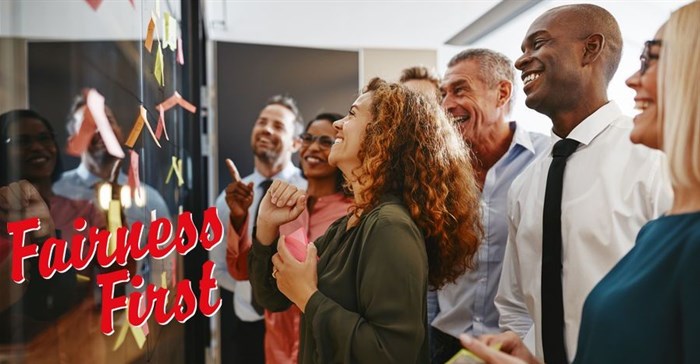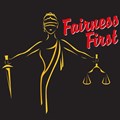#FairnessFirst: Making workplace inclusion everybody's business

There’s been a rise of diversity champions appointed in businesses across the globe following a spate of unfortunate incidents of both cultural appropriation and just plain being tone-deaf – hello Dove, H&M, Prada…
Luckily, awareness of these issues means there’s also a shift in thinking and a renewed focus on diversity and inclusion.
When she was appointed as first-ever female chairperson of the One Club for Creativity in May last year, FCB’s global COO Susan Credle listed diversity and inclusion as the future of creativity. Not just diversity.
And as the movement gains momentum, there’s a snowballing shift from broad-level ‘diversity’ to more drilled-down inclusivity.
From basic diversity thinking to a culture of inclusion
This speaks a rising awareness of the lack of inclusion in companies, even if the diversity box seems to be ticked.
In fact, in their #BizTrends2019 piece, trendsetters Dion Chang and Khumo Theko of Flux Trends mentioned the world is moving from "diversity" to tackling "inclusivity", and in the section titled ‘socio-cultural: identity politics’, they elaborate:
2017 was the catalyst and last year was the social-cultural awakening (Woke to wide awake, as Flux Trends put it). In 2019 the call for inclusivity, individualism and safe spaces will grow louder.
Now, as part of its ongoing series on Better Capitalism, Business Insider USA explains that back in 2016, “Microsoft tied components of executive compensation to internal diversity and inclusion goals, and has since incorporated ‘inclusion’ into its performance review process for every employee.”
That may sound noble and somewhat murky on measurable, but Lindsay-Rae McIntyre, chief diversity officer at Microsoft, says that the company's starting to see signs that this shift is working.
Worth sitting up and taking note, as diversity fatigue is nothing new, and McIntyre admits “talking about diversity and inclusion is much easier than actually living diversity and inclusion.”
Greater accountability = greater inclusion
In particular, McIntyre says they don’t have all the answers, but they are actively working to increase accountability throughout the organisation for driving progress in diversity and inclusion.
This includes holding leaders accountable for improving representation at all levels, such as in hiring veterans and people with Autism or designing products and technology capabilities inclusive of everyone, like the Xbox Adaptive Controller.
That accountability is linked to three basic factors:
- 1. Awareness, of the impact of others’ ideas on your own behaviour;
- 2. Curiosity, in encouraging hard questions and open-mindedness; and
- 3. Courage to put your beliefs to action.
It may seem a simplistic approach, but McIntyre concludes:
By encouraging employees to become engaged advocates for themselves and each other and providing tools like the shared core priority to track their journey, we're committed to ensuring everyone has a stake in owning our culture.That sounds to me like a company culture every business could benefit from in 2019.
Disclaimer: Andrews also worked at Microsoft, many moons ago.









































